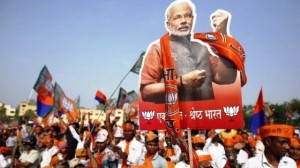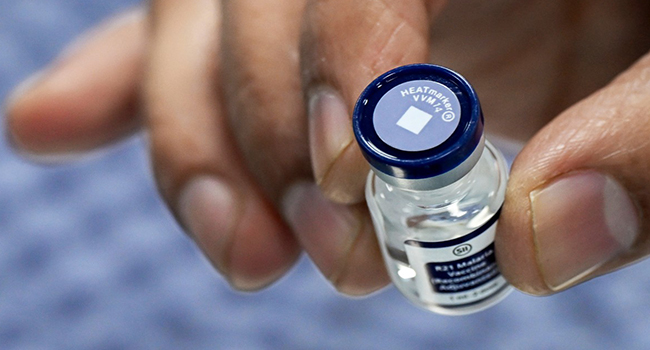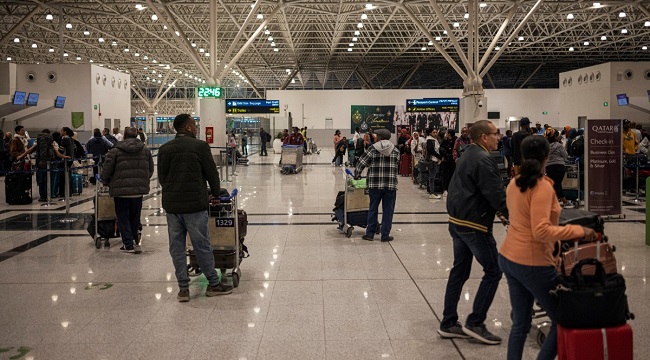
Opposition BJP leader, Narendra Modi is being challenged in the seat by anti-corruption campaigner, Arvind Kejriwal.
Modi is the first Prime Ministerial Candidate to stand in the 3,000-year-old city where several religions mingle.
Varanasi is sacred Hindu city but one in six voters is Muslim. Hindus believe that to die here brings salvation by escaping the cycle of reincarnation.
A triumph in the city – one of 41 seats in Uttar Pradesh, Bihar and West Bengal which are voting on the final day of India’s five-week general election – would crown a grueling campaign by the 63-year-old chief minister of Gujarat to lead his Bharatiya Janata Party (BJP) back to power after a decade in opposition.
Campaigning mainly on promises to create jobs and restore India to a path of high economic growth, Modi – whose critics accuse of harboring Hindu supremacist views – has largely steered clear of religion.
His oratory skills and high-tech campaign have made him a solid favourite in opinion polls to unseat the Nehru-Gandhi dynasty from New Delhi – and easily take Varanasi.
Indian elections are notoriously hard to predict, however, due to the country’s diverse electorate and a parliamentary system in which local candidates hold great sway and translating vote share into actual seats won is not always reliable.
Results are due to be announced on May 16.




